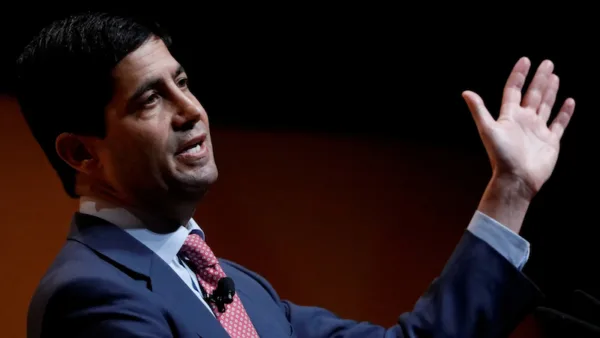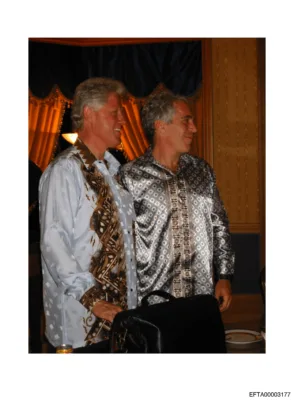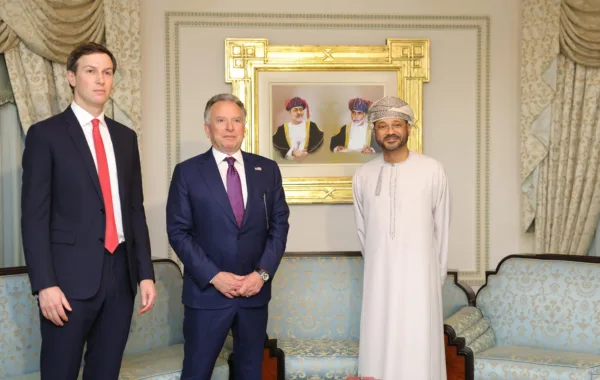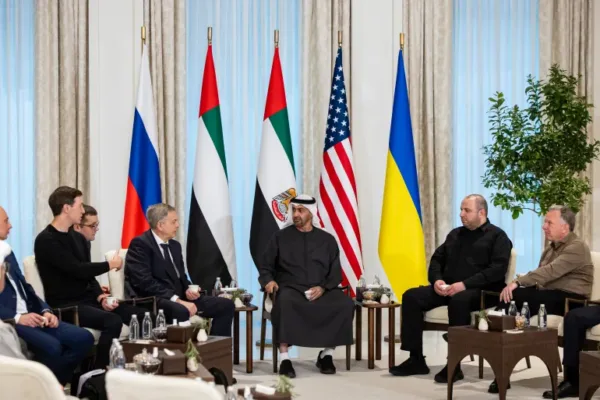The debate over social media and freedom of speech in US politics
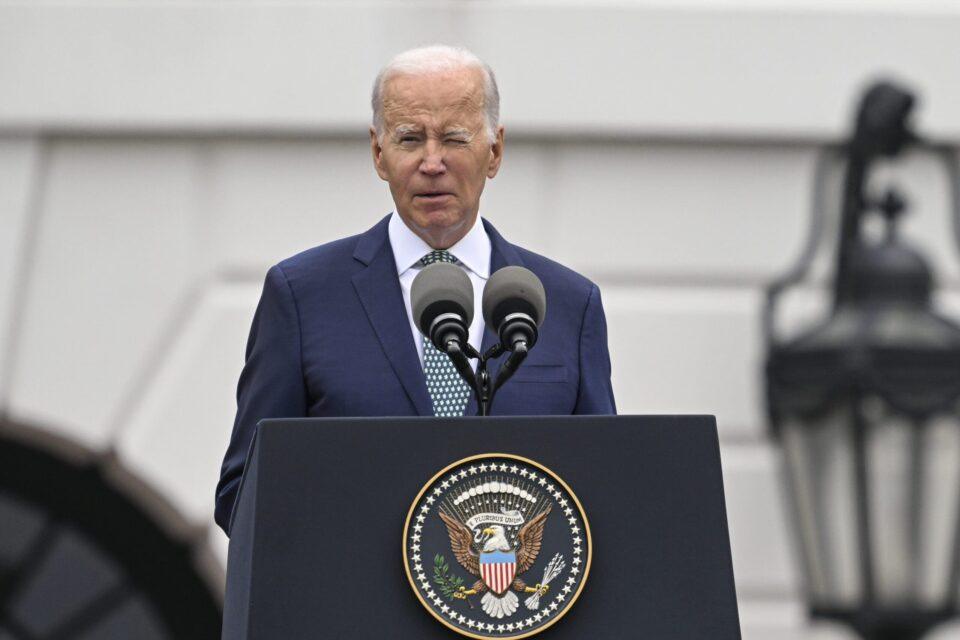
The preliminary injunction issued by a federal judge in the lawsuit brought by the attorneys general of Louisiana and Missouri against the Biden administration has sparked a new debate on freedom of speech. The attorneys general claim that the White House is colluding with social media platform executives to suppress conservative voices, alleging a violation of the constitutionally guaranteed freedom of expression. The plaintiffs, who argue that the judge’s injunction is a preliminary victory in the case, anticipate that the final decision and appeals will likely reach the Supreme Court. This process signals a further escalation of the social media and freedom of speech debate in the coming period.
Over the past two decades, rapid technological advancements have not only penetrated every aspect of our lives but also made social media an indispensable part of it. There are few societies left unaffected by social media, which has the power to influence the real economy and create its own mechanisms for generating economic value. We have observed the wide-ranging influence of social media, from popular culture to politics, and the profound social and psychological effects it has on individuals.
Within this context, despite numerous efforts and suggestions to ensure healthy relationships between individuals and social media, it is challenging to establish a broad consensus. While social media offers benefits such as facilitating instant communication between individuals and cultures, it also brings significant problems like mental health issues and disinformation operations.
The relationship between social media and politics in the United States has come to the forefront, particularly with the 2016 elections and the Covid-19 pandemic. American intelligence agencies were in agreement that Russia intervened in the 2016 elections, but former President Trump viewed it as an attack on his presidency’s legitimacy. Information and disinformation operations carried out on social media platforms have become a significant concern for American intelligence and the government.
During the Covid-19 pandemic, the spread of anti-vaccine views and conspiracy theories about the origin of the virus through social media prompted the Biden administration to intensify its efforts to combat them. The White House, actively working with social media companies to remove such content, has been accused by conservative Republicans of trying to restrict freedom of speech.
The vast amount of data held by tech giants like Google, Facebook, and Twitter has led some Democratic politicians to accuse these companies of monopolistic practices. Europe has also started to scrutinize these “foreign” companies due to similar concerns. Instead of declaring war on these technology giants, Washington has accepted their cooperation, acknowledging their significant contributions to the American economy and their intensive lobbying activities.
Conservative Republicans argue that the Biden administration is using anti-monopoly laws as a weapon, pressuring these companies to collaborate on content censorship. The Biden administration claims that they are working to ensure accurate information reaches the public and that they do not target specific groups. The dilemma arises when unscientific or anti-science content poses a threat to public health, raising questions about whether such content falls within the realm of freedom of speech.
The lawsuit against the Biden administration is based on the claim that through its suggestions to social media platforms, it systematically suppresses the views of conservative groups, thereby violating freedom of speech. A judge appointed by Trump signaled a decision against the Biden administration with a preliminary injunction ordering White House officials to sever their relationships with social media platforms, with a few exceptions. However, the broad framework and lack of clear boundaries for exceptions indicate that the case will likely reach the Supreme Court.
The question of the limits of freedom of speech, which gained prominence with Trump’s suspension from social media platforms and is currently being emphasized by Elon Musk, the owner of Twitter, will remain high on the agenda. Determining the boundaries of the complex relationship between social media and politics requires both effective combatting of disinformation and the preservation of freedom of speech. The response of the American political system to this challenge will determine whether social media plays a constructive role in the democratic process.











